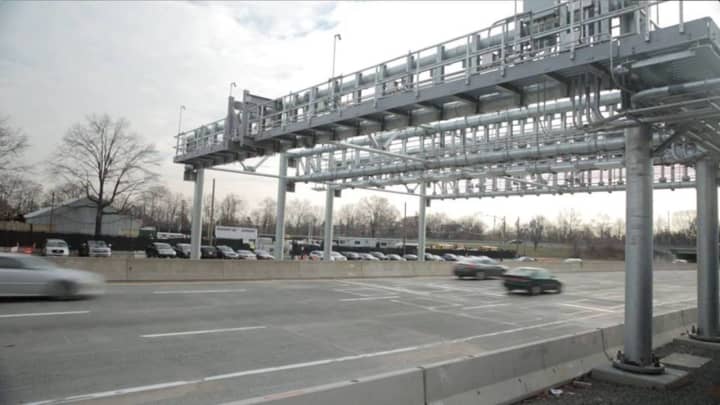Do You Support Tolls On Connecticut Highways To Improve Infrastructure Statewide?
- Yes.
- No.
- Undecided.
According to a newly released report from Sacred Heart University’s Institute for Public Policy, 58.8 percent of those polled generally oppose tolls, though 51.3 percent of residents “strongly” (28.9 percent) or “somewhat” (22.4 percent) support implementing tolls, provided that the money goes to a transportation lockbox that would only be spent on infrastructure improvements.
Last year, Connecticut voters passed a referendum that ensured transportation funds would be put in a “lockbox,” and only spent on transportation infrastructure improvements.
The poll also found that 33.2 percent of residents prefer that state officials “institute tolls” rather than “borrow funds” to make improvements on roadways, bridges, and highways. It determined that 45.7 percent of residents earning more than $100,000 annually preferred instituting tolls over borrowing money.
Of those polled, 49.3 percent of Democrats preferred instituting tolls for infrastructure improvements compared to 20.9 percent of Republicans.
Connecticut Gov. Ned Lamont released a 24-page preliminary draft of his electronic highway tolling plan, which calls for no more than 50 gantries on Interstates 91, 95, 84, and along Route 15, which includes the Merritt and Wilbur Cross parkways.
Motorists who use a Connecticut EZ-Pass and a frequent user discount could expect to pay roughly 25 to 30 cents per gantry, or 4.4 cents per mile during peak hours and 3.5 cents during off-peak hours. Out of state drivers may pay nearly double that price, while truckers will pay even more than that.
Lamont has also proposed creating a commission controlled by state lawmakers that would be tasked with overseeing rates, how toll revenues are distributed and what is considered peak and off-peak. Votes on either measure have been until after the end of the 2019 General Assembly on June 5.
The complete poll can be found here.
Click here to follow Daily Voice Darien and receive free news updates.


